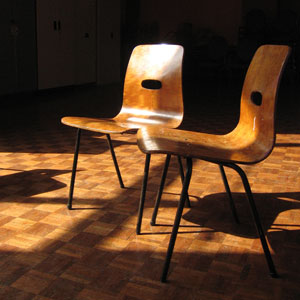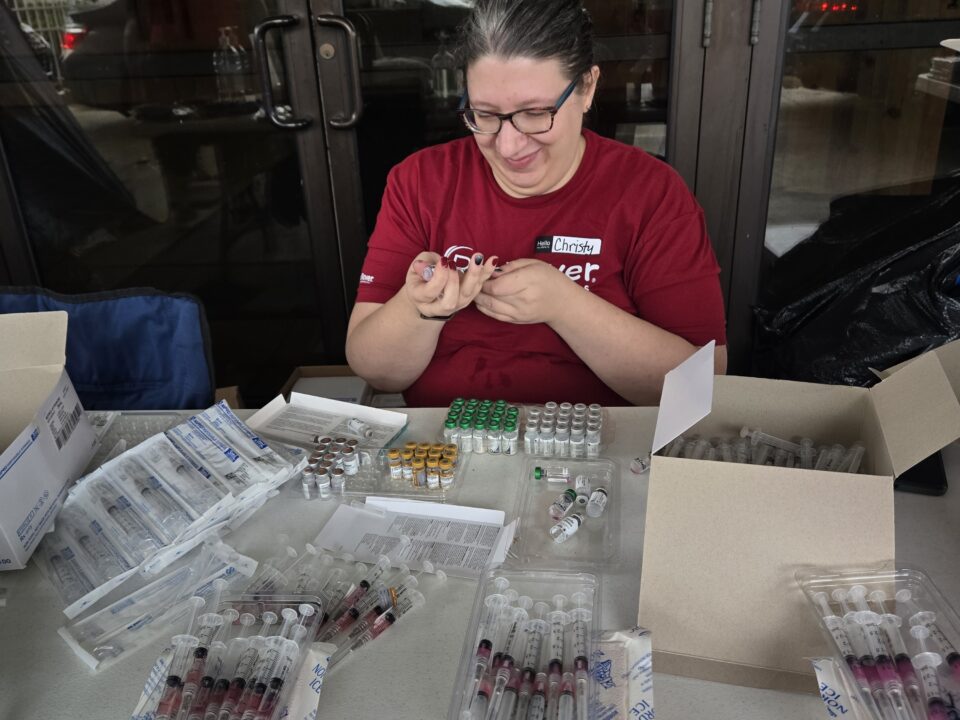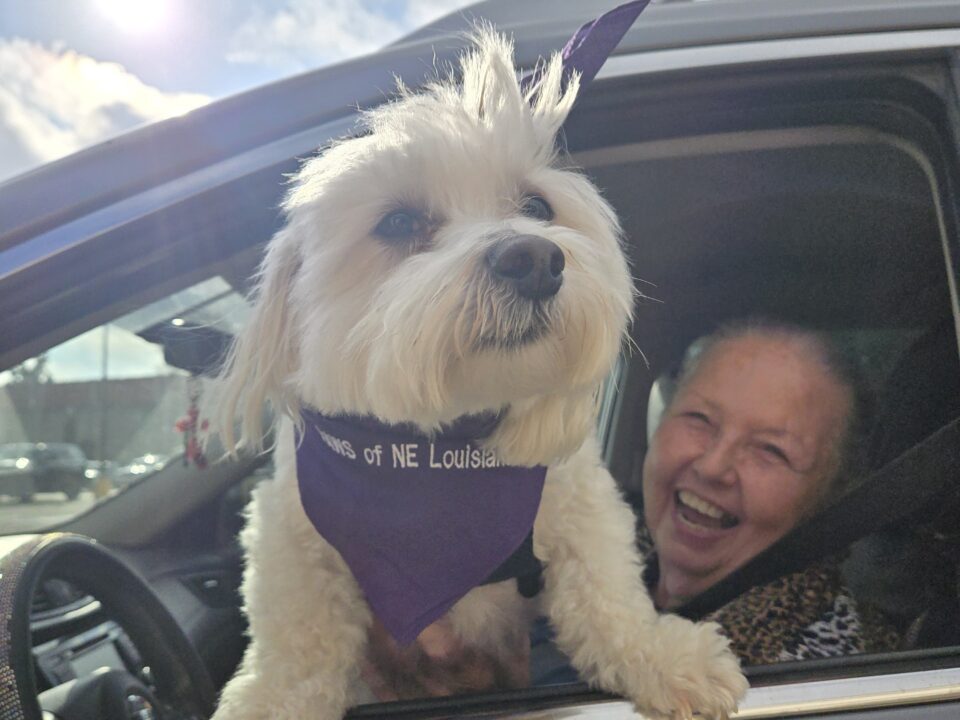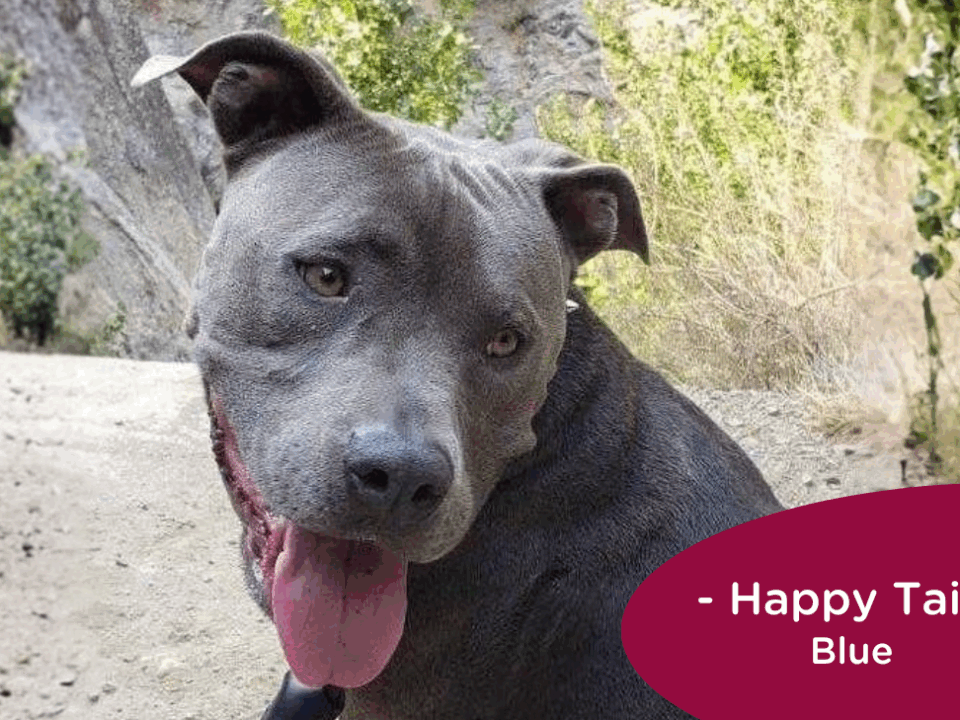Be the change you want to see in the world.
May 6th, 2014
 Written by RedRover Education Manager Karly Noel
Written by RedRover Education Manager Karly Noel
I had just purchased my lunch in a very crowded food court while attending a recent conference and I couldn’t find anywhere to sit and eat. All of the chairs were taken. The chairs that weren’t taken by a person were full of purses and conference bags; their owners were not making eye contact with me, or anyone else who might also be trying to find a place to sit and eat. I waited until someone got up from their table before I could find a place to eat my lunch. Once I was seated, I saw a man who was in the same situation I was in just moments ago. Instead of ignoring him, I invited him to sit and eat at the table with me.
A few weeks after that conference I attended the “What’s possible in teacher preparation?” seminar at the Social and Emotional Learning (SEL) Institute that was presented by the Collaborative for Reaching & Teaching the Whole Child (in affiliation with the California Council on Teachers Education Spring 2014 Conference) in San Jose, California. It was impossible to feel left out or without a seat at a social and emotional learning conference. Almost instinctually, other attendees leapt to my side and introduced themselves before I had a chance to feel alone or wonder where I was going to sit. The people attending this conference were the same caring educators who dedicate their classroom hours to developing the whole child within each of their students. They are the same educators who teach their students to reach out to the new kids at school, to show kindness and to practice empathy. They are the ones who reached out to me and – because they practice empathy – I had a very different experience there than at the other conference.
What was the difference? Why in some situations do people reach out to us and in others, leave us to feel alone and vulnerable? Perhaps because those attending the SEL Institute were focusing on the five core SEL competencies identified by Collaborative for Academic, Social and Emotional Learning (CASEL): self-awareness, self-management, social-awareness, relationship skills and responsible decision-making. This group of educators was more aware of and able to empathize with me, the late comer who attended the SEL institute.
The emphasis on SEL in education is growing but we can still do more. Students need opportunities to practice the SEL competencies, and teachers can create opportunities for their students that keeps these foundational skills in the forefront of their minds – opportunities like those in the RedRover Readers curriculum. Teachers help students identify the emotional states of others, examine relationships and the human-animal bond and collectively decide what responsibilities they have toward animals and others. Many of the teachers RedRover works with share with us that they went into teaching to make a difference and to help change the world. If we were all aware of each other and ready to help where needed, wouldn’t that be a significant change for the better?
Share your thoughts! Leave a comment and tell me: What is the change you want to see in the world?



